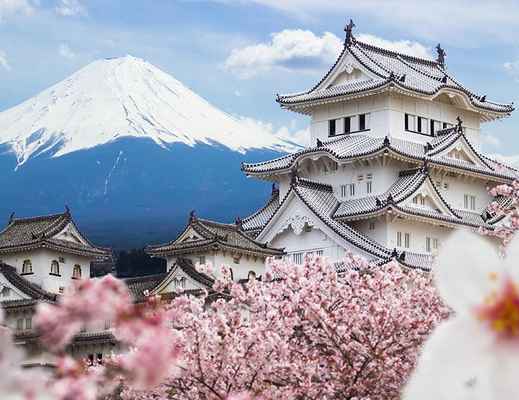
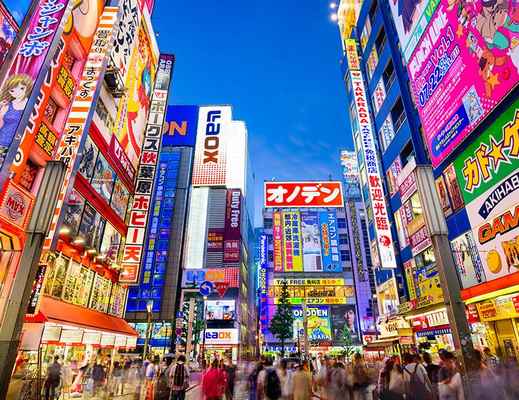
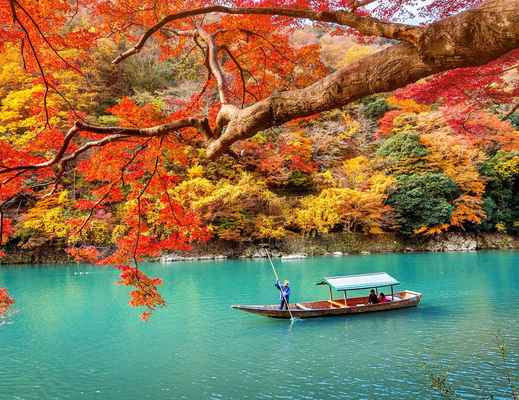
Japan
Asia
/
Japan
Japan, the Land of the Rising Sun, is a captivating archipelago that seamlessly blends ancient traditions with cutting-edge technology. From the bustling streets of Tokyo to the serene temples of Kyoto, this island nation offers a diverse array of experiences for travelers. Visitors can immerse themselves in the rich cultural heritage, indulge in world-renowned cuisine, and marvel at the breathtaking natural landscapes that range from snow-capped mountains to pristine beaches.
For those seeking an unforgettable journey, Japan's efficient public transportation system, including the famous Shinkansen bullet trains, makes exploring the country a breeze. Whether you're interested in witnessing the ethereal beauty of cherry blossoms during hanami season, participating in traditional tea ceremonies, or experiencing the unique atmosphere of a Japanese onsen, this enchanting destination has something for everyone. With its harmonious blend of old and new, Japan continues to captivate and inspire travelers from around the globe.

Get to Know Japan
Take a tour of this destination's highlights
Top Sights in Japan
Inspiring Reads on Japan

Travel Tips for Japan
What you need to know before traveling here
Practical Tips for Japan
Things to prepare and best way to visit
The best time to visit Japan depends on your preferences, but generally, spring (March to May) and autumn (September to November) are considered ideal. Spring offers cherry blossom viewing, while autumn showcases beautiful fall foliage. These seasons have mild temperatures and less rainfall. Summer (June to August) can be hot and humid, with occasional typhoons, but it's great for festivals and outdoor activities. Winter (December to February) is cold but perfect for winter sports and enjoying hot springs. Keep in mind that popular tourist spots can be crowded during peak seasons, especially during Golden Week (late April to early May) and Obon (mid-August).
Visa requirements for Japan depend on your nationality and the purpose and length of your stay. Many countries, including the United States, Canada, Australia, and most European nations, have visa exemption agreements with Japan, allowing tourists to stay for up to 90 days without a visa. However, you'll need a valid passport and a return ticket or proof of onward travel. For longer stays or other purposes like work or study, you'll need to apply for the appropriate visa. Always check the latest visa information on the official Japanese Ministry of Foreign Affairs website or consult with the nearest Japanese embassy or consulate before your trip, as regulations may change.
While knowing some Japanese can be helpful, it's generally easy to get around Japan without speaking the language. Major cities like Tokyo, Osaka, and Kyoto have English signage in train stations, popular tourist areas, and on many restaurant menus. Public transportation announcements are often made in English as well. Many Japanese people, especially younger generations and those working in the tourism industry, speak some English. However, in rural areas or less touristy locations, English may be less common. It's helpful to carry a translation app, learn a few basic Japanese phrases, and have your hotel's address written in Japanese for taxi drivers. Japanese people are generally very helpful and will often try their best to assist you even if there's a language barrier.
Japan has several important etiquette rules that visitors should be aware of. Remove your shoes when entering homes, traditional ryokan inns, and some restaurants and temples. Bow slightly when greeting people or saying thank you. Avoid eating or drinking while walking in public, and don't talk loudly on public transportation. When using chopsticks, don't stick them vertically into your food (this resembles a funeral ritual) or pass food directly from your chopsticks to someone else's. In hot springs (onsen) and public baths, wash thoroughly before entering the bath and don't wear swimsuits. Tipping is not customary in Japan and can sometimes be considered rude. Be mindful of separating your trash for recycling, as Japan has strict waste management rules. Lastly, always be respectful at shrines and temples, following any specific guidelines posted.
Japan can be expensive compared to some other Asian countries, but it's possible to visit on various budgets. Accommodation tends to be the biggest expense, especially in major cities. However, you can find affordable options like capsule hotels, hostels, or budget business hotels. Food can be reasonably priced if you opt for casual restaurants, ramen shops, or convenience store meals. Public transportation is efficient but can add up, so consider getting a Japan Rail Pass if you plan to travel between cities. Many temples and parks are free or have nominal entrance fees. Shopping and high-end restaurants can be pricey. To save money, consider staying in smaller cities, eating at local spots, and taking advantage of free attractions. With careful planning, you can enjoy Japan without breaking the bank.
See All Practical Tips for Japan

Explore Japan
Create your itinerary with our top picks below
Set off your journey to Japan
Plan smart & save big! Use discount code BISAYUK only for you

Flights

Hotels

Xperience

Get to Know Japan

Travel Tips for Japan

Explore Japan
More Destination Near Japan



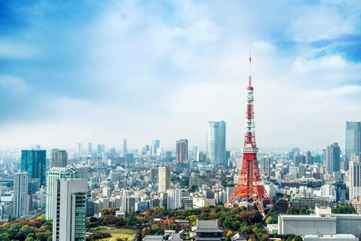


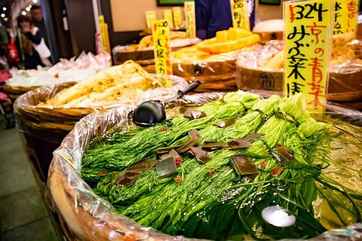
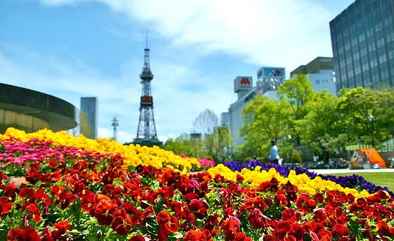


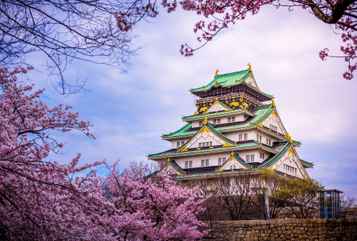

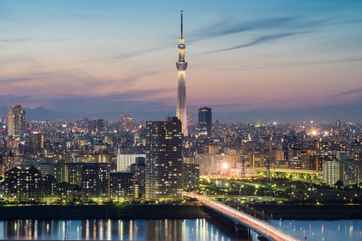
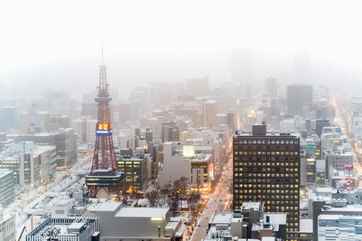
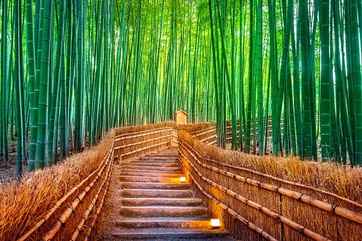


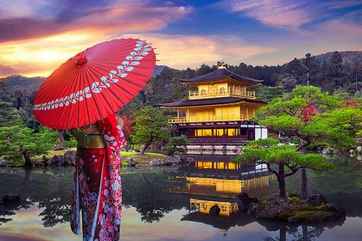
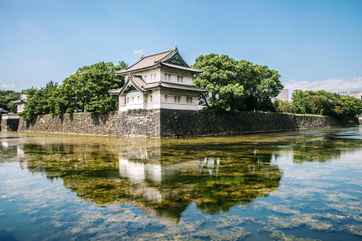

















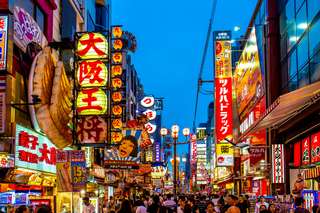
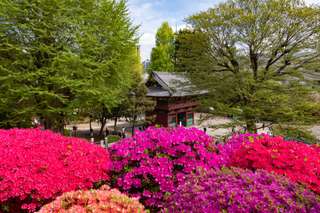



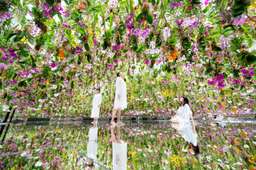











![[Discount] Fukuoka Tourist City Pass | Japan, 456.496 VND](https://ik.imagekit.io/tvlk/xpe-asset/AyJ40ZAo1DOyPyKLZ9c3RGQHTP2oT4ZXW+QmPVVkFQiXFSv42UaHGzSmaSzQ8DO5QIbWPZuF+VkYVRk6gh-Vg4ECbfuQRQ4pHjWJ5Rmbtkk=/4641044259488/-Discount-Fukuoka-Tourist-City-Pass-Japan-03dc3a30-9573-49ca-9a62-537891b7f910.png?_src=imagekit&tr=c-at_max,h-456,q-60,w-256)






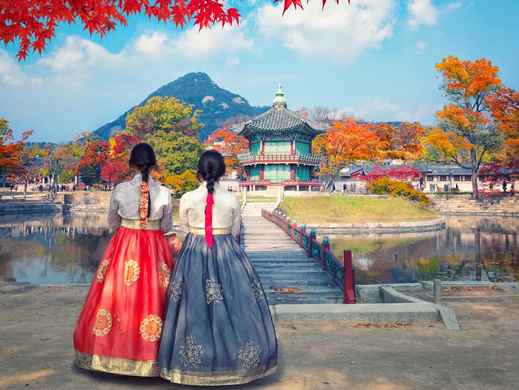
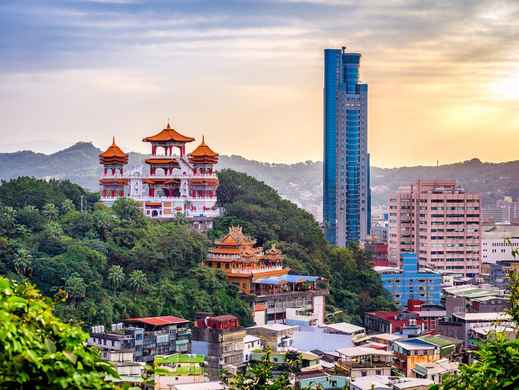

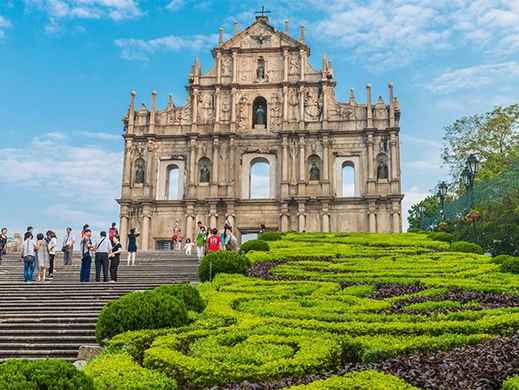



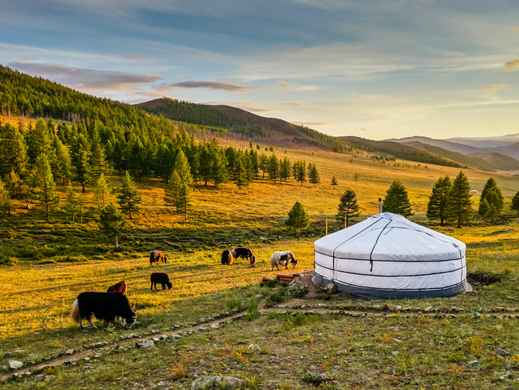



 Facebook
Facebook Instagram
Instagram TikTok
TikTok Youtube
Youtube Telegram
Telegram
